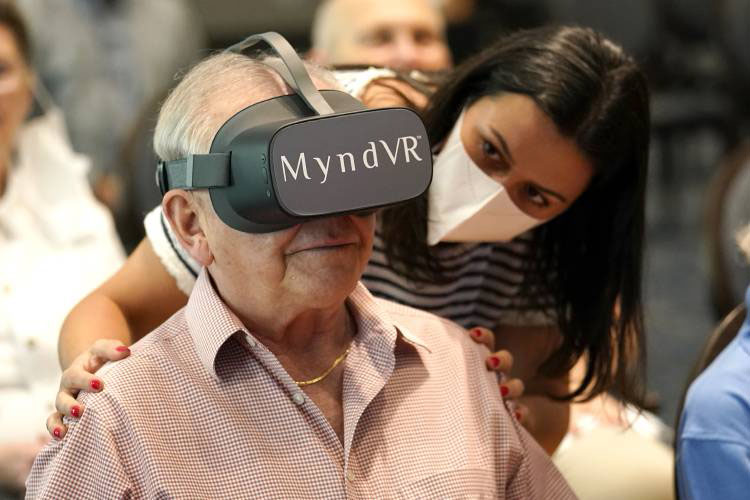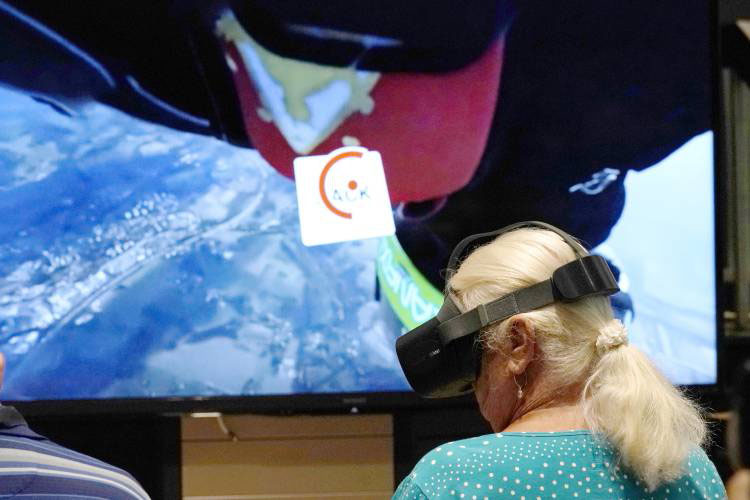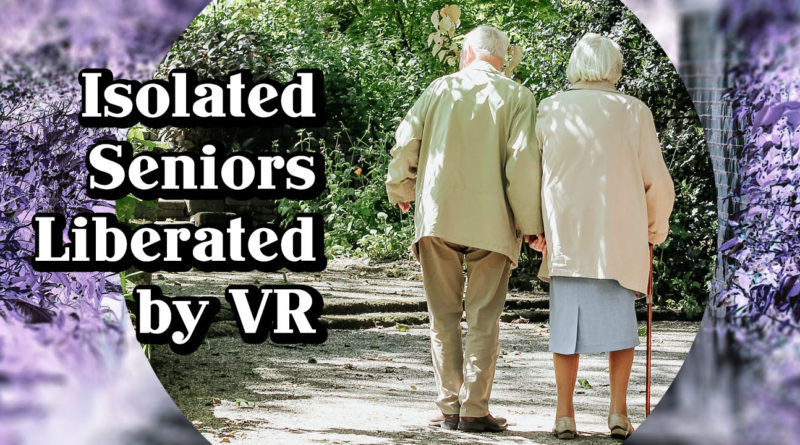Isolated Seniors Liberated by VR
Can VR improve the wellbeing of aging and elderly people isolated from much of society, or from the social and environmental interactions enjoyed as younger, more mobile people? This is the question being investigated by Stanford University in a groundbreaking study of more than a thousand senior residents.
TL(VR)C

With limited mobility, many John Knox residents were given an opportunity to experience activities previously off-limits. For example, a stroll through the streets of Paris, attending a car rally, and even skydiving were all made available to residents by MyndVR, whose co-founder and CEO, Chris Brickler, noted the universality of human aging and its associated challenges:
“We can’t travel as much as we want, we can’t connect with nature as much as we want, can’t have connections with animals. All sorts of connections get lost and our four walls start shrinking in. What we have tried to do is create a platform where we can bring the world back.” – Chris Brickler, CEO MyndVR

The Corona Connection
Isolation from others has proven to have taken a toll on innumerable people during the course of the COVID-19 pandemic. MyndVR hopes this will provide an opportunity to expand its mission. Bolstered by a Stanford study, such services could soon be implemented en masse. With aging populations in many countries failing to receive adequate care and companionship, virtual reality could step in and lend a loving hand.

